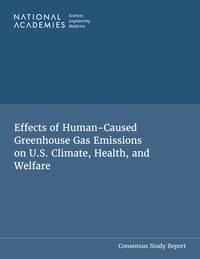Global warming winners? (oceans edition)

By now it is widely recognized that ocean warming and acidification caused by rising CO2 levels will adversely affect many organisms, especially those that depend on calcium carbonate shells. But there may be winners as well. Rebecca Gooding and a group from the University of British Columbia report in the Proceedings of the National Academy of Sciences that the sea star, Pisaster ochraceus, a keystone species for rocky intertidal communities, grows faster and feeds more at elevated temperatures and CO2 levels.
As usual, though, there’s a catch. Sea stars feed on species like mussels which are heavily calcified and therefore likely to decline as the oceans acidify. That makes the real-world impacts of climate change on sea stars and their ecosystems difficult to predict.







Reader Comments